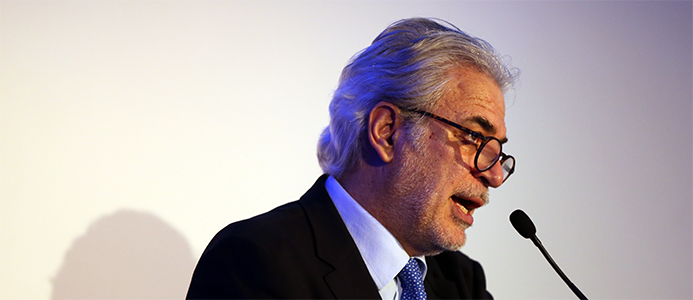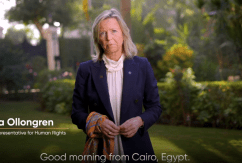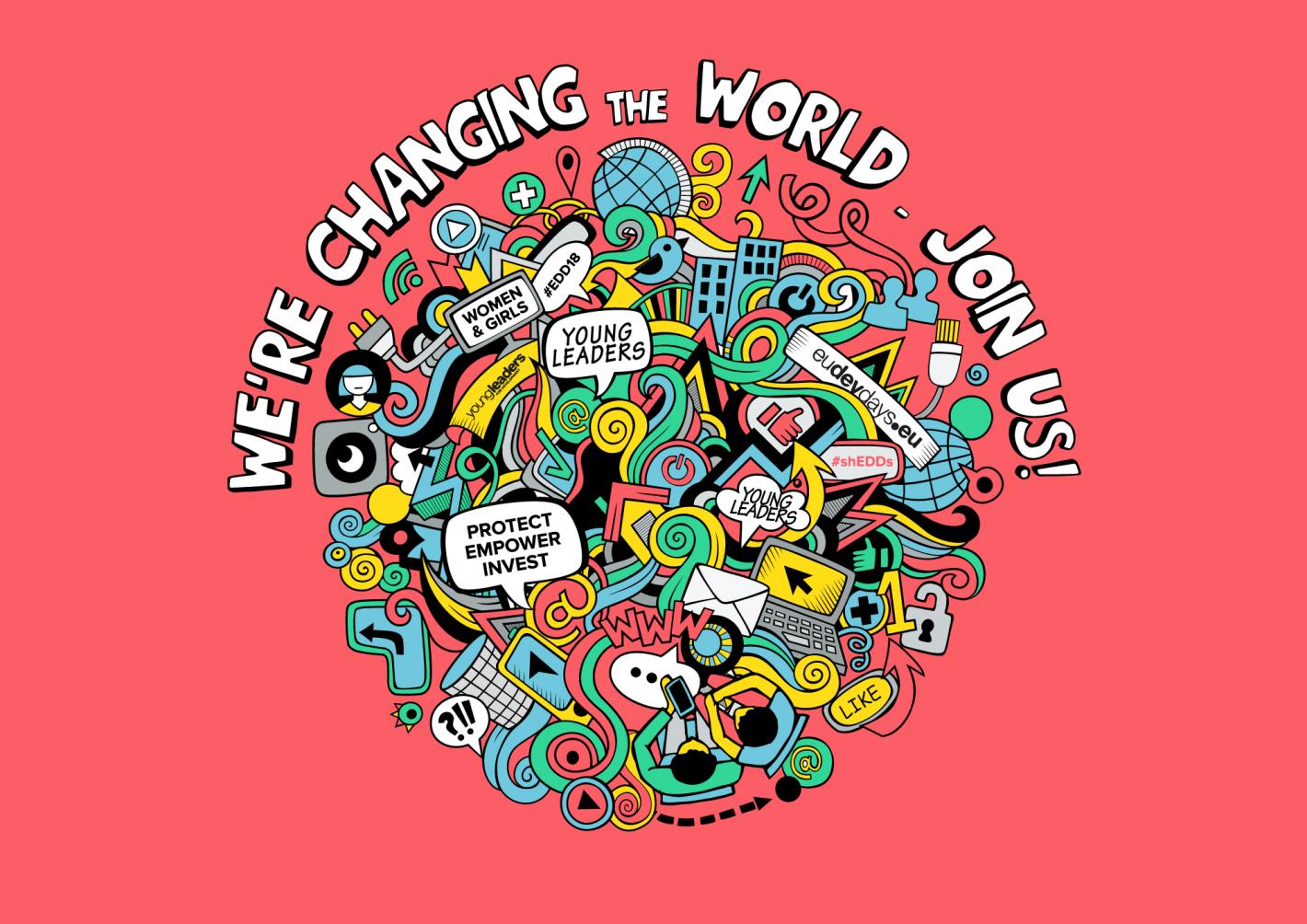EU Commissioner Stylianides: “We must not allow for civilians to be taken hostage by the conflict in Syria”

The magnitude of humanitarian needs is overwhelming in Syria; 13 million of people in need; 6.1 million people had to flee their homes, and 5.4 million Syrians are refugees in neighbouring countries. In recent weeks, the inhabitants of the Syrian enclave of Eastern Ghouta have been facing a worsening situation. Commissioner for Humanitarian Aid and Crisis Management Christos Stylianides issued the following statement:
“Over the past weeks, the situation in the besieged Syrian enclave of Eastern Ghouta near Damascus has deteriorated rapidly. Its 400,000 inhabitants face major humanitarian challenges, as there is a shortage of basic supplies including food, fuel, medicine. This is leading to severe malnutrition, medical emergencies, and an increased risk of diseases, such as typhoid and hepatitis. Around 500 people, including 137 children, require urgent medical evacuation.
In order to help those in need, I strongly urge for the immediate granting of sustained and unhindered access for aid deliveries and medical evacuations. We must not allow for civilians to be taken hostage by the conflict in Syria.
I call on all parties to the conflict to make the protection of civilians their utmost priority. This is not only a moral obligation, but also a clear obligation under international humanitarian law.
The European Union will continue to provide aid wherever it is needed in Syria. But only a political solution can bring an end to this suffering. We continue to fully support the UN-led process for a negotiated political solution as the basis for a Syrian-led, Syrian-owned political transition to end the conflict in line with UN Security Council Resolution 2254.”
Background
Conflict in Syria has devastated the health infrastructure leaving millions without access to medical care: less than half of the health facilities in Syria are fully operational. Shelter needs are enormous with more than 11 million people having fled their homes, an average of 6 650 people are displaced each day. According to UN figures, there is an estimated 2.9 million in hard to reach areas, including 419 000 people in besieged areas.
The European Union and its Member States are collectively lead providers of international aid. More than €10 billion has been mobilised for humanitarian, stabilisation and resilience assistance to support Syrians inside the country and in neighbouring countries such as Lebanon, Jordan, Iraq, Turkey and Egypt. In April 2017, the EU and its Member States pledged more than €3.7 billion at the Brussels Conference on Supporting the Future of Syria and the Region.
The European Union will organise a second Brussels Conference in spring 2018, with the aim of keeping the Syrian crisis on top of the international agenda, and encourage the full implementation of commitments made in the 2017 conference.
Read More
European Civil Protection and Humanitarian Aid Operations (ECHO)





























 Syria
Syria 




